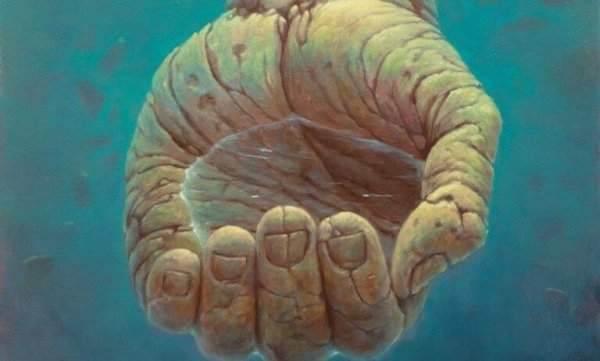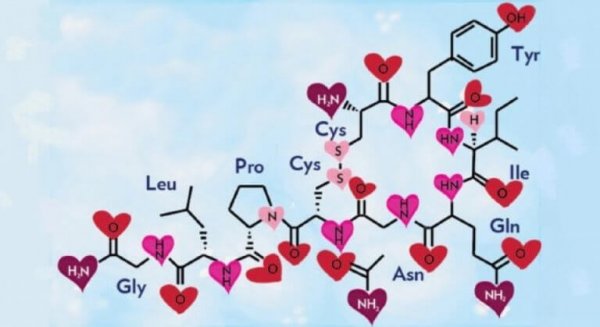Trust: The "Glue" of Life and Any Relationship


Written and verified by the psychologist Valeria Sabater
Trust is what keeps any meaningful relationship together. Trust, along with integrity and coherence, is what makes a relationship a good one. Very few psychological aspects are as important and complex as letting ourselves trust someone. It’s like giving away a part of yourself.
If we stop to think about it for a second, we’ll realize that trust plays a role in all kinds of things we do every day. Getting into a taxi, for example, means trusting the person driving the car. Going to the doctor, going under for an operation means having to trust in that doctor’s skill.
“For it’s mutual trust, even more than mutual interest, that holds human associations together.”
-H. L. Mencken-
It’s true. Every time we go out onto the street, we trust trusting no one will hurt us. We’re trusting our friends will keep being our friends. That life will keep on going. With all the same rules, with bits of peace in the middle of chaos, balance in the business of daily life.
But instead, we may see our reality from a perspective of permanent distrust. If our perspective is one of uncertainty and fear, we’ll fall into a kind of terrifying neurosis. Distrust is paralyzing. It makes any kind of healthy relationship impossible.
Distrust “disconnects” us from life and leaves us in a dark, threatening corner. It’s like that for one very simple reason. Human beings are social creatures by nature, and we’re designed to connect. Sometimes this doesn’t happen, or worse, we experience disappointment or betrayal. When this happens, our brain sees it as a real, deep, painful wound…

The neuroscience of trust
Santiago experienced the worst betrayal of his life a few years ago. His best friend, classmate, and coworker took credit for a project they did together. Since then, a lot of people have told him to find a way to forgive his friend and move on, let the bitterness go. But Santiago doesn’t feel like he can. And ever since, his personality has become somewhat more reserved, cautious, and especially distrustful.
Santiago describes that friendship as being like two trapeze artists dancing in the air. Together, they took on risks and challenges. But he was never scared. His friend’s hands were always there to catch him in the sky. Until one day he let him fall. The pain of that fall hasn’t gone away.
We can explain all these feelings on a neurological level with a few interesting processes.
Oxytocin
Multiple experts have something to tell us on this topic. According to them, oxytocin might be the true “glue” of our social relationships. What it does is form a bond of trust. The one that makes us generous and which interprets these as positive and rewarding.
So when we experience the exact opposite of those kinds of processes, our brain interprets it as a threat. Then it releases cortisol: the stress and anxiety hormone.

Prefrontal medial cortex
Any social process we see positively stimulates a very specific area of the brain: the prefrontal medial cortex. This part of our brain deals with rewards and positive emotions. This is also the area where we gather memories associated with our relationships. It helps us make decisions based on those memories.
So something we can see is that positive social processes form a stronger brain. A brain with less fear, uncertainty, and anxiety. But sometimes all it takes is a betrayal like the one Santiago went through. In his case, the activity in that part of his brain might completely change.
Emotional disappointments stimulate the same pain centers as when we experience an actual burn, for example. All this leads us to the conclusion that sincere pro-social, trusting behavior and relationships are vital for health. Experience the opposite and we feel out of place, disconnected from life for a time…
“You must trust and believe in people or life becomes impossible.”
-Anton Chekhov-
Trust, a life attitude
We’ve all felt disappointment. We know how it tastes, and why our brain interprets it like a physical burn. Why it sees it as the breakdown of something we thought was unbreakable and long-lasting. We may feel humiliated. And, even worse, think that it’s our own fault for trusting the person.
Nothing could be farther from the truth. The wrong never belongs to the person who trusts. Because it’s our nature, because trusting is an instinct.
The wrong belongs to the person who betrays. Because nothing is as offensive as breaking a social tie for personal gain. Nothing is as illogical as going against one of the most basic principles of humanity as respect for people who trust us.

But there’s something basic in all this that we shouldn’t forget. We should be able to look beyond how some people treat us sometimes. We need to understand that trust is an attitude towards life in general. It’s not an attitude towards specific people that hurt us in the past. Living, moving forward, and growing means assuming that there will be risk.
Trust is an attitude that can get us to a happier, freer, and more honest future.
Images courtesy of Tomasz Alen Kopera
This text is provided for informational purposes only and does not replace consultation with a professional. If in doubt, consult your specialist.








